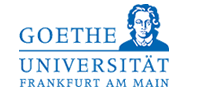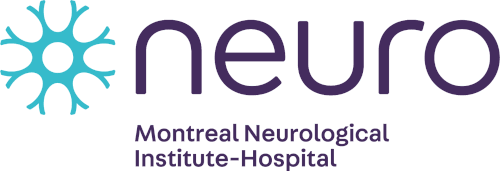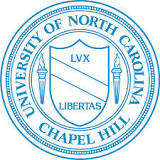 |
 |
 |
 |
 |
 |

Led by:
Stefan KnappOur group is interested in molecular mechanism that regulate signaling molecules and in the exploration of such mechanism for the rational design of inhibitors. We particularly focus on protein kinases, epigenetic reader domains of the bromodomain family, phosphatases and complexes of these targets with regulatory proteins. Protein kinases have attracted a lot of attention as targets of therapeutic intervention in particular for the treatment of cancer and inflammation. This family also constitutes one of the largest protein families currently targeted by pharmaceutical industry. Due to the largely conserved active site and the large number of protein kinases in the human genome, development of specific inhibitors is a challenging task. However, structures of kinase inhibitor complexes have identified a number of strategies (such as inhibitor binding to inactive conformations and allosteric sites) that can be explored for the design of selective inhibitors. To facilitate drug development we have screened we have worked on against a library of commercially available ATP mimetic inhibitors. The large amount of accumulated screening data provides insight about the drugability of a certain target, initial hits for further development of inhibitors and cross-reactivity of commercially available inhibitors that are often used as tools in cell biology.
The Chemical Biology group is made up of a number of sub-groups:
Group Members

Sebastian obtained his PhD at the Max Planck Research Unit for Enzymology of Protein Folding (Halle, Germany) working on peptidyl-prolyl cis/trans isomerases. He joined the SGC in 2012 to investigate kinases linked to Parkinson's disease. In doing so, he collaborates closely with Boehringer-Ingelheim.

Fiona Sorrell graduated with a Masters degree in Chemistry from the University of Sheffield in 2008, spending a year in France at the Université Paul Sabatier Toulouse III studying the process of wine oxidation by electrochemistry as part of her degree program. Her final year research project was the study of bactieral cell wall peptidoglycan structure by atomic force microscopy. She remained in Sheffield to complete a PhD and short post-doc in the lab of Professor Beining Chen, primarily working to screen and characterise small molecule inhibitors of anthrax toxins as part of a collaboration with the Health Protection Agency at Porton Down. She moved to Oxford in 2012 to work at the SGC, initially working in Alex Bullock’s Growth Factor Signalling and Ubiquitination group to study E3 ubiquitin ligase complexes, and subsequently joining Stefan Knapp’s kinase team to focus on kinase structural biology and inhibitor discovery.

